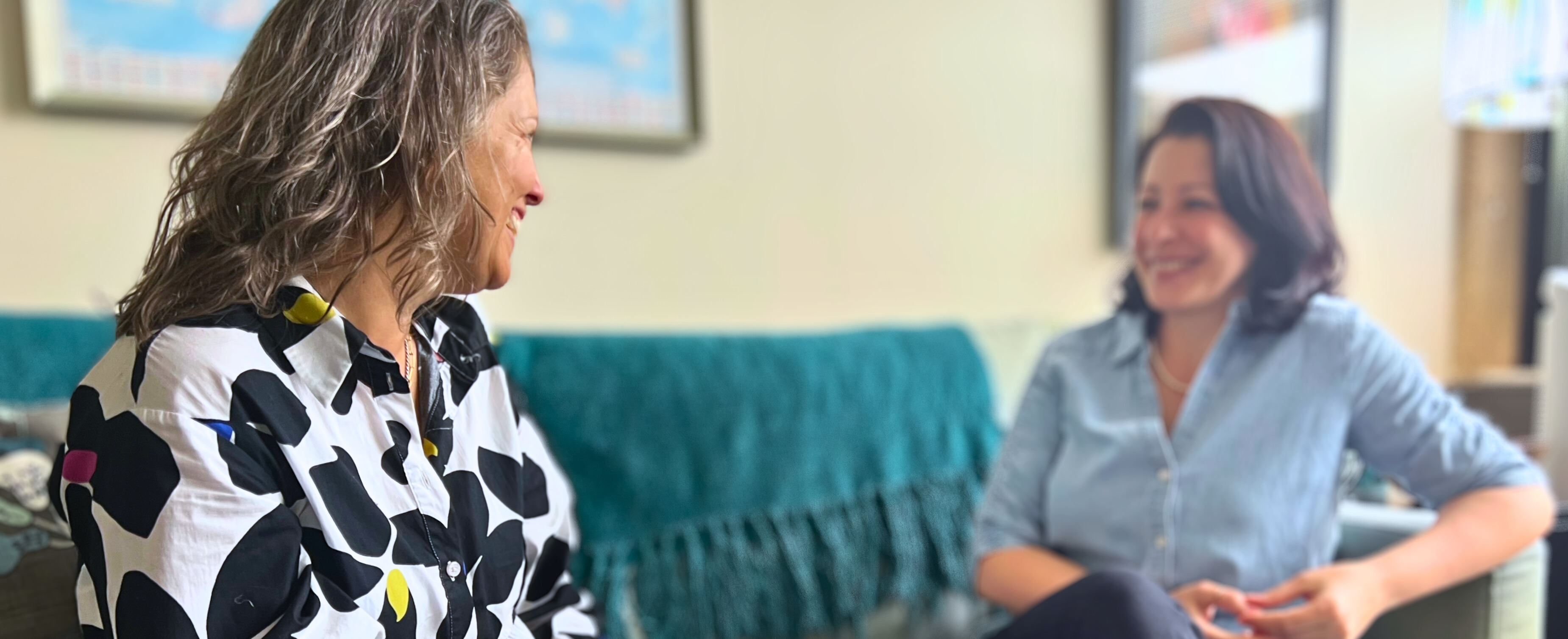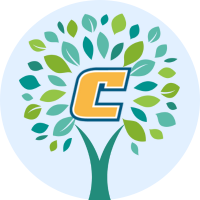Our Services

Scope of Care
The Counseling Center provides the following services to students who are currently enrolled at UTC:
- Individual Counseling
We offer brief, solution-focused therapeutic interventions in person or virtually to currently enrolled students. Counselors will establish individualized treatment plans with students after evaluating their mental health needs and personal goals. Any of the following issues or concerns (and more) may be addressed with your counselor:
- Stress management
- Relational difficulties
- Adjustment issues
- Depression
- Anxiety
- Trauma
- Grief and loss
- Body image and eating concerns
- Issues related to historically oppressed groups
- Group Counseling
We provide group counseling offerings throughout each semester. The focus, purpose, and method of group counseling may vary depending on student needs. Group counseling is an excellent way for students to find mutual support and empathy from others who are facing similar issues.
- Case Management
Counselors can help bridge students to resources within and outside the UTC community who may prefer to seek therapeutic services elsewhere or need a higher level of care.
- Psychiatric Medication Management
Our Psychiatric Nurse Practitioner can discuss options to continue or initiate medications that may alleviate mental-health related symptoms.
- Crisis Intervention
We provide crisis intervention for students who may be experiencing suicidal thoughts, thoughts of hurting others, and other emergencies. Students should walk into the Counseling Center or call us at (423) 423-4438 during business hours. For after-hours emergencies, call (423) 425-CARE (2273) to speak with an on-call counselor 24/7.
Counseling Center Values
The staff of the UTC Counseling Center embrace the unique identities of each student. We are committed to providing culturally competent counseling that is inclusive of our diverse student body in a safe, affirming space.
